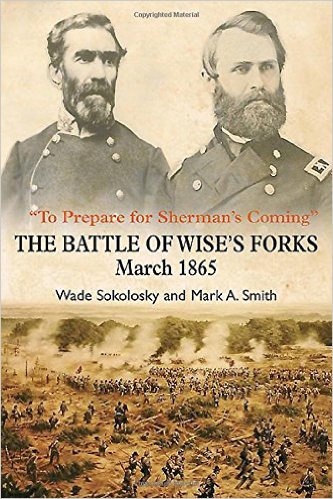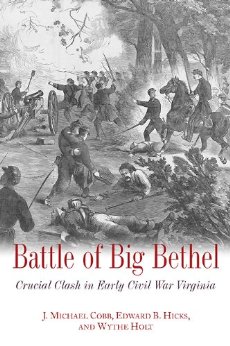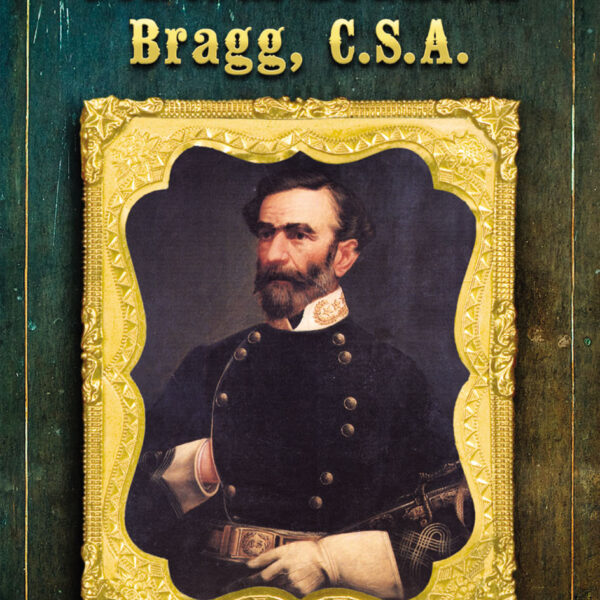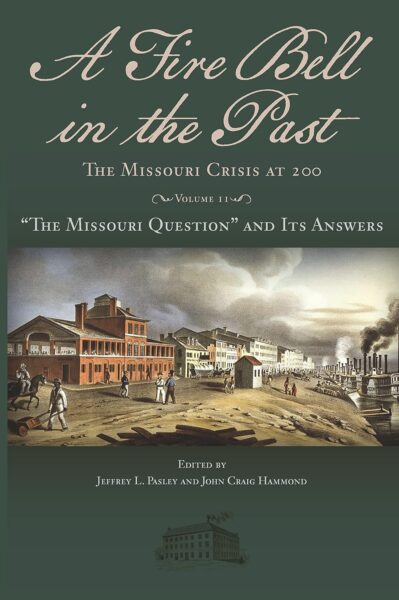In the aftermath of the Vietnam War, historians of a much earlier American conflict began to see similarities between the guerilla warfare that played out in the dense jungles of Southeast Asia and the irregular fighting that characterized the Civil War experience in places like Missouri and Kansas. Men such as William Clarke Quantrill suddenly emerged as vivid and violent exceptions to the traditional story of Civil War combat. These Civil War guerrillas, like Tom Berenger’s crazed Staff Sargent Robert Barnes in Platoon, were bloody-minded aberrations from the typical American soldier—villains all.
Joseph M. Beilein adds nuance to our collective understanding of Civil War-era guerrilla warfare in his new biography of Quantrill, A Man by Any Other Name. In this concise and well-written study, Beilein characterizes Quantrill as a typical frontier American—a man whose world underwent immense changes as the nation pushed its boundaries west amid a sanguinary struggle between North and South. Quantrill, Beilein argues, brought the violence and lawlessness of the American West to the Civil War.
But this is not the work’s only intervention. Beilein also engages with recent work on masculinity and manhood in the Civil War era. Like many nineteenth-century American men, Quantrill hoped to make his own way in the world, leaving home at eighteen for a career as a teacher, farmer, and finally, as a participant in the Colorado Gold Rush. Quantrill also enjoyed outdoor pursuits and was a skilled hunter, which later bolstered his reputation as a guerrilla fighter. But the outlaw Quantrill also conformed to Southern notions of honor and restrained manhood. His raiders targeted civilian communities but kept women and children out of the line of fire. Beilein also speculates that Quantrill may have been drawn to service with the Confederacy, despite his Ohio nativity, because he exhibited a hot temper and propensity toward violence. These were southern characteristics, typical of men who used “aggression to . . . subdue their world” (159).
A Man by Any Other Name is divided into five sections, each organized around a career or identity adopted by Quantrill during his life. Beilein explains that researching Quantrill often felt like hunting a needle in a haystack (or multiple needles in innumerable haystacks). This archival struggle comes to the fore of the work in the third section of the book: “Confidence Man.” From 1860-61, for no reason that Quantrill or those who knew him ever made clear, the future Confederate partisan adopted an entirely new identity and lived in Lawrence, Kansas, under the alias Charley Hart. Beilein’s own pursuit of Charley Hart reveals the complex and shifting allegiances that defined life on the Kansas/Missouri border in the years prior to the Civil War. The chapters offer a tantalizing glimpse of the struggle over popular sovereignty that paved the way for civil war, as well as foregrounding the experiences of extra-legal violence that Quantrill would carry into his service as a partisan ranger for the Confederacy.
Like much of the recent work seeking to link the events of the Civil War with simultaneous developments in the American West, A Man by Any Other Name engages unevenly with literature of the latter. Early in the book, for example, Quantrill’s operations are described as taking place in a “borderland,” but that space and its characteristics are never clearly explained—and Beilein does not return to the borderlands idea in later chapters. Giving more definition to what borderlands looked like, as well as to how people surviving within such spaces behaved, would offer an intriguing twist on the standard narrative of guerrilla fighting during the Civil War. But such small criticisms do not detract from the success of the book, which is an important step forward in bridging the divide between two long-separated historical narratives. Beilin’s work forces reader to consider the stark differences between the “traditional” war fought by large armies in the war’s Eastern Theater, and the atypical, or irregular conflict, that existed in places such as Missouri.
In the wake of Matthew C. Hulbert’s revisionist history of Civil War guerrillas, The Ghosts of Guerrilla Memory, a new generation of scholars has taken to the study of the Civil War’s wiliest warriors. A Man by Any Other Name is a critical entry in this latest wave of scholarship: giving readers deep insight into the challenge of researching men, like William Clarke Quantrill, who operated on the margins of history. Unlike the Vietnam-inspired studies alluded to at the beginning of this review, these new works also seek to understand the Civil War’s guerrillas in the context of their own society and time, rather than viewing them through a comparative lens. Beilein does the former exceptionally well, an achievement that will make this study standard reading for many years to come.
Cecily N. Zander is an Assistant Professor of History at Texas Woman’s University and Senior Fellow at the Center for Presidential History at Southern Methodist University.






In pronouncing this book as the “standard reading for many years to come,” I wonder if Dr. Zander has read the well-regarded The Devil Knows How to Ride by Edward Leslie?